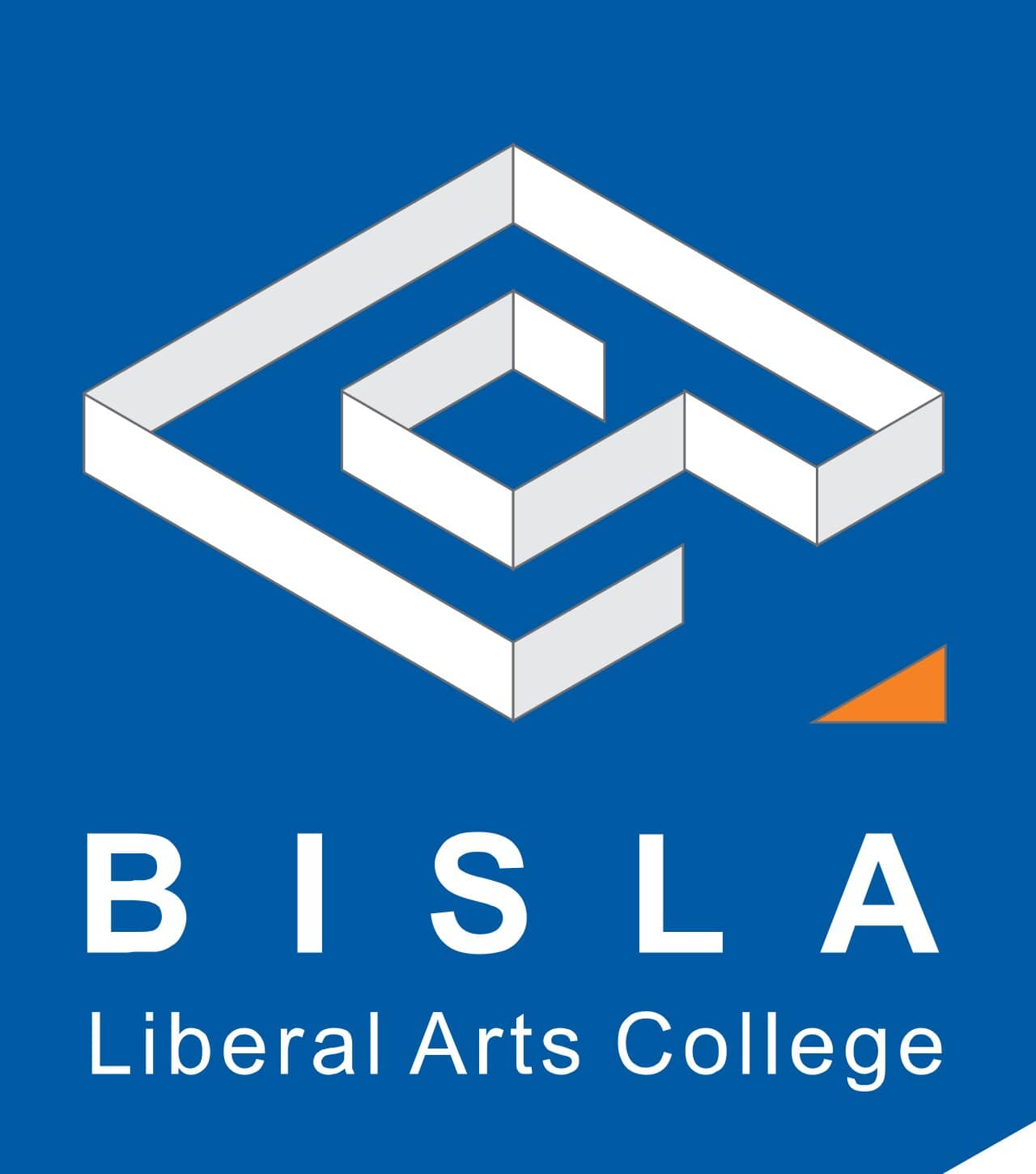Study Program
Study Program Liberal Studies,
academic field Political Science
Academic Year – 2024/2025
Curriculum
The BISLA curriculum offers a broad range of courses in social sciences and humanities that prepare students for a broad range of opportunities in pursuing further studies worldwide as well as in their professional careers. BISLA offers a personal approach, interdisciplinarity, and a focus on the skills of academic writing, independent research, and critical thinking.
BISLA’s liberal arts curriculum is designed to foster well-rounded, skills-equipped, independently-minded individuals through a rigorous bachelor-level course of study.
BISLA also provides directed studies for students with specific interests and offers a range of extracurricular non-credit courses free of charge (e.g. foreign languages, presentation and argumentation skills, etc.).
All courses are in English and taught by select lecturers who are all experts in their fields.
Degree and Concentrations
A graduate of BISLA receives the title Bachelor of Arts, consisting of 180 (or more) credits within the major of political science.
Political Science Major
All BISLA students receive their bachelor’s degree in political science. It is the main concentration of the studies, although following the liberal arts tradition, the span of the subjects included within this major is broader than in typical political science departments. Courses within the political science major are compulsory for all BISLA students and represent the bulk of the core curriculum.
This concentration introduces students to the study of political systems, institutions, and cultures. In their first year, students are introduced to the field through the comparison of political systems and the study of basic democratic institutions and processes. The second year focuses on the analysis of historical and current sources of political cultures, ideologies, and modes of conflict and cooperation. Advanced courses are a focused study of a particular geographic region or topic.
Structure of Studies by Year:
STRUCTURE OF THE FIRST YEAR
Orientation
In the first week of the semester, first-year students take part in orientation, which prepares them for academic life at BISLA and gets them acquainted with the faculty and their older colleagues. During this week, students develop creative writing skills.
Focus on Skills Development
In their first years, students acquire the correct academic habits through writing short essays, learning and practicing how to think critically, and reading original texts. Students also practice discussion and presentation skills.
Core Courses
All students participate in common core courses that are of an introductory nature to a variety of disciplines within the social sciences and humanities.
Academic Writing and English
During the first two semesters, students can significantly improve their English language skills, especially their capabilities to comprehend academic literature, broaden their vocabulary, and gain confidence in writing and presenting in the English language.
J-Term (short, intensive semester)
During five weeks in January and February, first-year students attend intensive seminars on the methodology of social research and take workshops designed to practice the soft skills of independent research, public presentations, problem solving, conflict resolution, and the like.
STRUCTURE OF THE SECOND YEAR
Internships/Practicum
All BISLA students are required to undertake internships in public administration or non-governmental institutions in the fields of politics, foreign relations, culture, media, environment, or law. Students are expected to complete at least 60 hours of supervised internships. However, they are encouraged to take on internships for a prolonged period of time—a semester or longer—to get acquainted with the institutions, programs, strategic planning, organization of events, and so on.
Choosing Bachelor’s Thesis Topic and Advisor
In their fourth semester, students choose the topic and the first reader for their bachelor’s theses. By the end of the semester, students submit a brief proposal and design the study plan together with their thesis advisors.
Skills
The second year at BISLA is devoted to advancing the academic writing skills of the students, independent research in the social sciences, and public presentation.
J-Term (short, intensive semester)
Plato’s Republic
STRUCTURE OF THE THIRD YEAR
Bachelor’s Thesis
The bachelor’s thesis represents the main outcome of academic research and writing at BISLA. Students are free to choose from a broad range of fields and topics from within the BISLA curriculum in cooperation with their thesis advisors. They start preparing for the writing in their second year by selecting a topic, deciding on the thesis advisor, and crafting a study plan. In their fifth semester, students develop a comprehensive bachelor’s thesis proposal, which receives feedback from the advisor and the second reader of the thesis. Bachelor’s theses include original research, a substantial review of literature within the field, and a discussion of findings and their implications. All theses are published on the BISLA website.
Career Counseling
As their transition towards graduate level education or employment and internships after graduation approaches, students are offered career counseling and collaborate with the Undergraduate Studies Coordinator and their academic advisors on preparation for this next phase of life.
Skills
At this level of studies, students focus on the advanced level of reading and writing long-form texts, and getting acquainted with advanced social science research methods. Students are encouraged to present at international student conferences and publish in student academic journals.
… A personal approach for global success
APPLY
We are now accepting applications for the Academic Year 2025/2026
